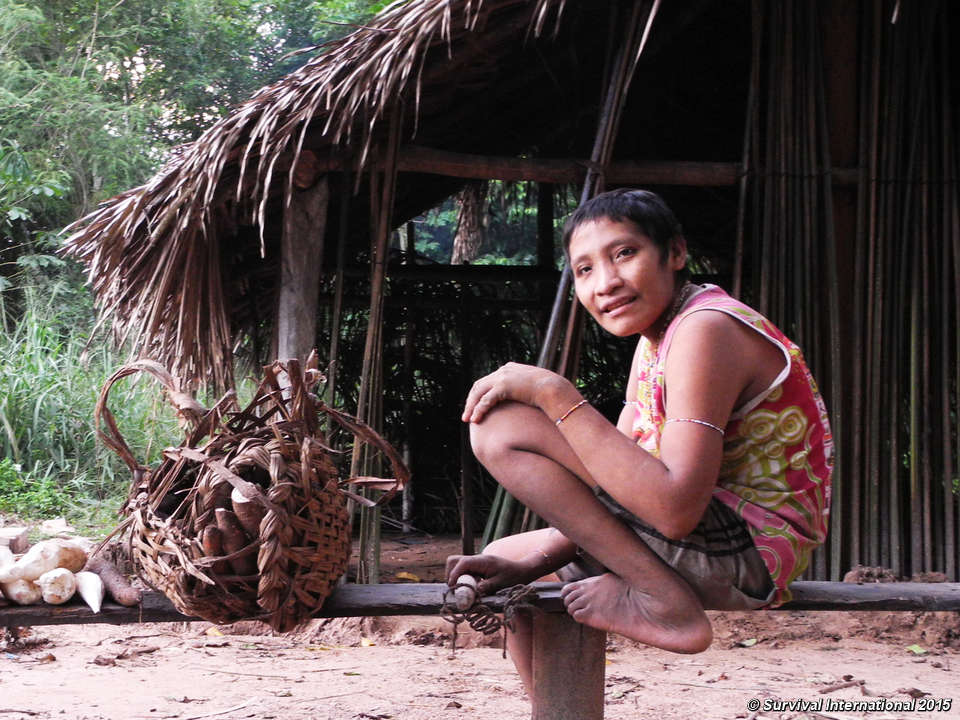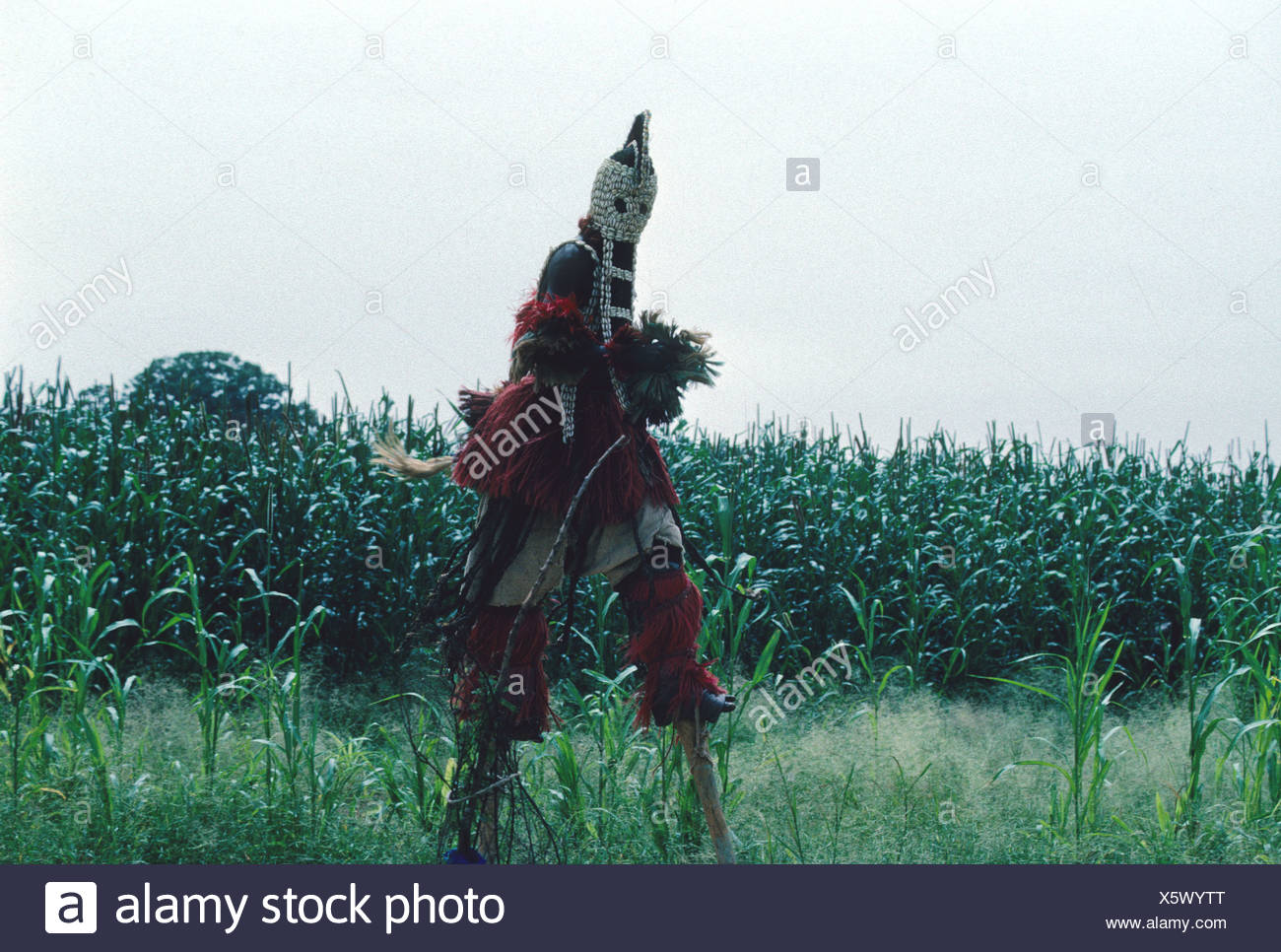
You can remove them and make them leave our land. You can help us to evict those people, the loggers. We are people, just like you, and you can help us. We are people we’re not dogs who can be left on the side. They have appealed to the Brazilian Minister of Justice to halt logging as the season starts in earnest, asking the government to “evict loggers from our land immediately… before they come back and destroy everything.” They plan to make a video appeal this week, timed with the Rio + 20 summit, with this message, according to Survial: The Awá have self-advocated, to improve their situation, according to Watson. Nobody then knew anything about them, but the FUNAI team told me it was likely they were on the run, having survived an attack by ranchers’ pistoleiros … Her husband stood nearby, his back turned to us, gazing out over the river. I couldn’t go near them, so as to avoid infecting them with any germ, which could be lethal to such an isolated people…Ī young woman sat in a hammock, staring at the ground and nursing her tiny baby.
AWA TRIBE TODAY PATCH
Brazil’s National Indian Foundation (FUNAI) - the governmental organization tasked with preventing the invasion of indigenous lands - had just made contact with a young Awá family, and took Watson to see them in a patch of forest, miles from their home: She recalled the first time she encountered the Awá, back in 1992. They are sometimes referred to as “Earth’s most threatened tribe.”įiona Watson is the lead campaigner for Survival, a group that advocates on behalf of tribal peoples’ rights. Their forests are engulfed by loggers and cattle ranchers and their land is disappearing faster than in any other indigenous territory in the Amazon.


Take the Brazilian Awá, one of South America’s last remaining nomadic hunter-gatherer tribes.


 0 kommentar(er)
0 kommentar(er)
